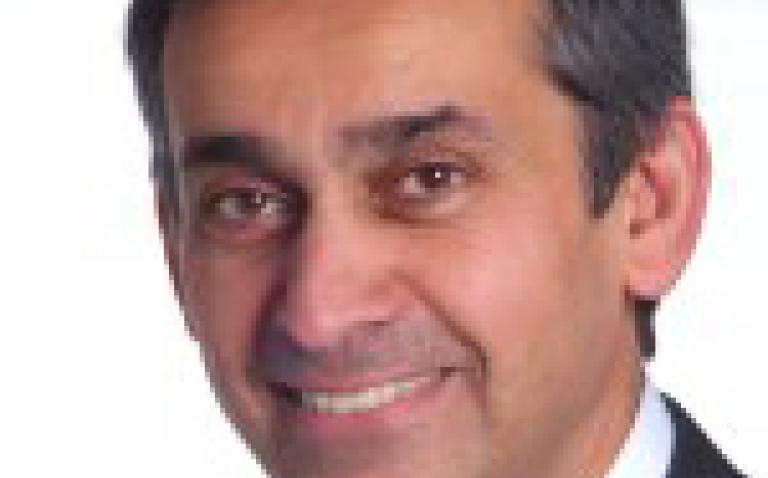There is a need for greater clarity about what politicians mean when they talk about increasing local accountability in the NHS, according to a King’s Fund report.
As government reforms have devolved more power to local NHS bodies and front-line professionals, there have been calls to ensure that those who take on increased responsibility are held to account. But how this is achieved remains controversial. It is not even clear to what extent people want more control over how their primary care trust (PCT) spends its money, the report argues.
All three main political parties have pledged to tackle the ‘democratic deficit’ and let local people have more say over how their health care is delivered, and this will be a central theme of Professor Lord Darzi’s review of the NHS, expected in June. The King’s Fund report, “Should Primary Care Trusts Be Made More Locally Accountable?”, makes a thorough assessment of the various options for making PCTs more accountable to their local communities.
The authors suggest that if the aim of involving the public is to give more democratic validity to the health service, systematic changes – such as giving local councillors control over PCT budgets, or electing PCT board members – would be appropriate.
However, if the goal is to improve the quality of services, then an incremental approach would be better, with targeted initiatives – such as citizens’ juries or enhanced Public Patient Involvement Forums – focusing on specific PCT functions.
Ruth Thorlby, King’s Fund Fellow and co-author of the report, said: “Governance of the NHS is highly centralised, and PCTs spend similar amounts of public money to local government without any of the democratic accountability that exists for councils.
“But while people have strong views about big, one-off changes to their local services – like the closure of a ward – there is little evidence of public demand for an active role in deciding how health service money is spent day to day.
“Until now, efforts to enhance public involvement have been patchy. Any new mechanisms for increasing local accountability must provide value for money. Part of the debate around local accountability in the NHS must be on what would be an acceptable price tag for involving the public more in decisions.”
The paper argues that there needs to be more clarity from policy-makers about what is meant by ‘accountability’. It could be interpreted as meaning local people should be consulted ahead of changes in services, or that PCTs should provide more information on how decisions are made, or it could mean the right to demand certain services and even the power to remove health bosses who do not meet their expectations.
Report co-author Richard Lewis, Director at Ernst & Young and King’s Fund Senior Associate, said: “Giving power to local people raises various questions, such as what happens when local people want to keep a service that national policy has deemed should close, or they want access to a treatment that NICE says is not cost effective?
“There is variation in the system currently, some of it unexplained and unjustified, but more local decision-making will also inevitably mean more variation in services from place to place. That is not necessarily a bad thing but we need to be clear where variation is acceptable and where it is not. The public still regards the NHS as a national service and would resist anything that leads to the further development of a ‘postcode lottery’.
“There will continue to be national responsibilities in a nationally funded service, the key is to work out ways of reconciling national and local accountability.”










